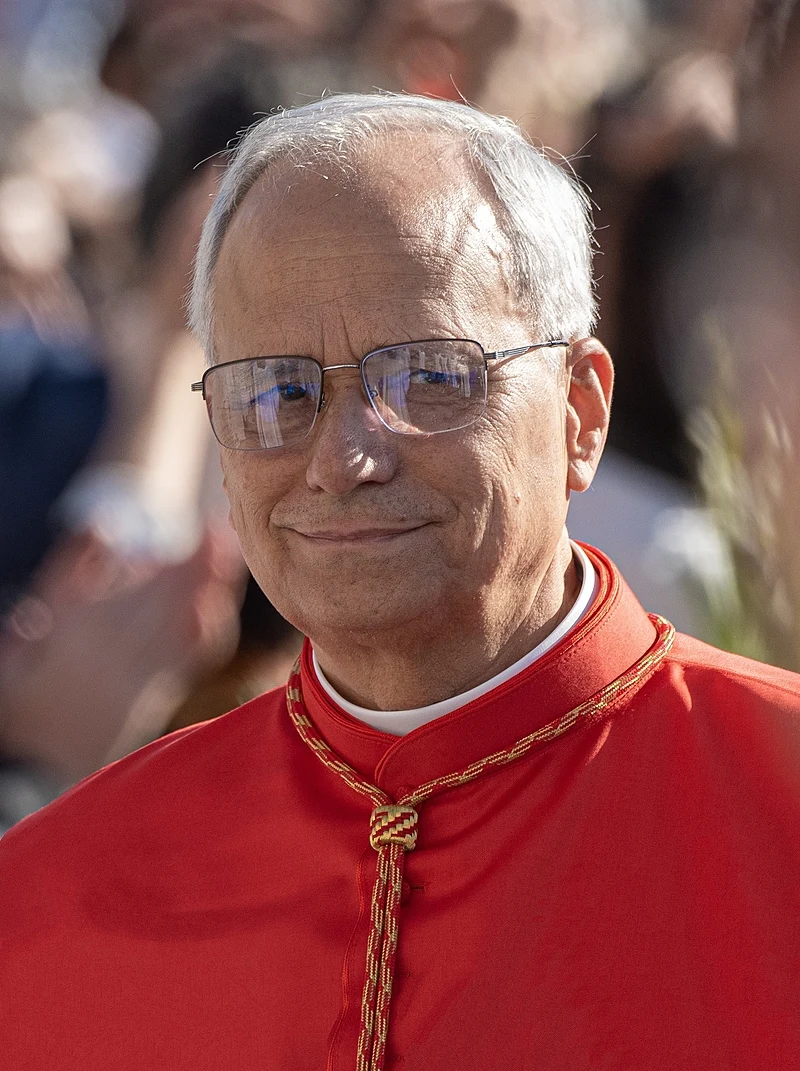Is the Name ‘Leo’ a Problem for Jews? A Look at the Popes' Antisemitic Legacy
A name meant to honor tolerance revives centuries of Jewish trauma. Why Pope Leo XIV’s choice isn’t just symbolic.

A name meant to honor tolerance revives centuries of Jewish trauma. Why Pope Leo XIV’s choice isn’t just symbolic.
When Pope Leo XIV ascended to the papal throne, he did more than choose a name. He summoned a complex legacy, a name layered with centuries of Catholic-Jewish history, from violent persecution to surprising gestures of tolerance.
Leo XIV explained his choice as a tribute to Leo XIII, the 19th-century pontiff considered one of the first to show genuine openness toward the Jewish people. But in invoking that name, he also resurrects the memory of a line of popes whose actions left deep scars on Jewish communities across Europe.
The First Leos and the Rise of Supremacy
Pope Leo I (440–461), one of the most influential early popes, helped establish the idea of papal supremacy, a theological foundation that later justified the Church's dominance over all other faiths. His doctrine cast the Church as the spiritual successor of Israel, an idea that often translated into real-world discrimination against Jews.
Later figures like Leo IX (1049–1054) contributed to the intellectual groundwork for the Crusades, campaigns that, while framed as religious wars, unleashed unspeakable atrocities on Jewish communities across Europe and the Middle East.
Leo X and the Silence of Power
Leo X (1513–1521), a Renaissance pope and son of Lorenzo de’ Medici, is remembered for his patronage of the arts. Yet his silence in the face of anti-Jewish decrees during his reign allowed harassment and violence to continue unchallenged, his silence was as damaging as any decree.
Leo XII: Regression in the Modern Era
In the 19th century, Leo XII (1823–1829) rolled back the slow gains of Jewish emancipation. He reinstated the Jewish ghetto in Rome, banned Jews from various professions, and forced weekly attendance at missionary sermons. His policies were a stark reminder that antisemitism could be repackaged under modern rule.
A Turning Point: Leo XIII and the Dawn of Dialogue
Then came Leo XIII (1878–1903), perhaps the first to extend an olive branch. A thinker behind Catholic social teachings, he promoted minority rights and allowed scholarly dialogue between Catholic and Jewish theologians-a small but historic shift.
It is in his memory that the current pontiff chose the name Leo XIV, a symbolic nod to reconciliation, yet one that cannot ignore the shadow cast by the name itself.
A Name That Carries Responsibility
In the Catholic tradition, a pope’s name is more than ceremonial. It signals values, intent, and historical continuity. For a leader representing over a billion people, including many who still remember or study Church-fueled antisemitism, it is also a moral commitment.
The name “Leo” carries both hope and harm. For Jewish readers, this moment is a reminder: memory is not just about the past: it is a call to vigilance. The new pope inherits not just a name, but the weight of history. May he carry it wisely.